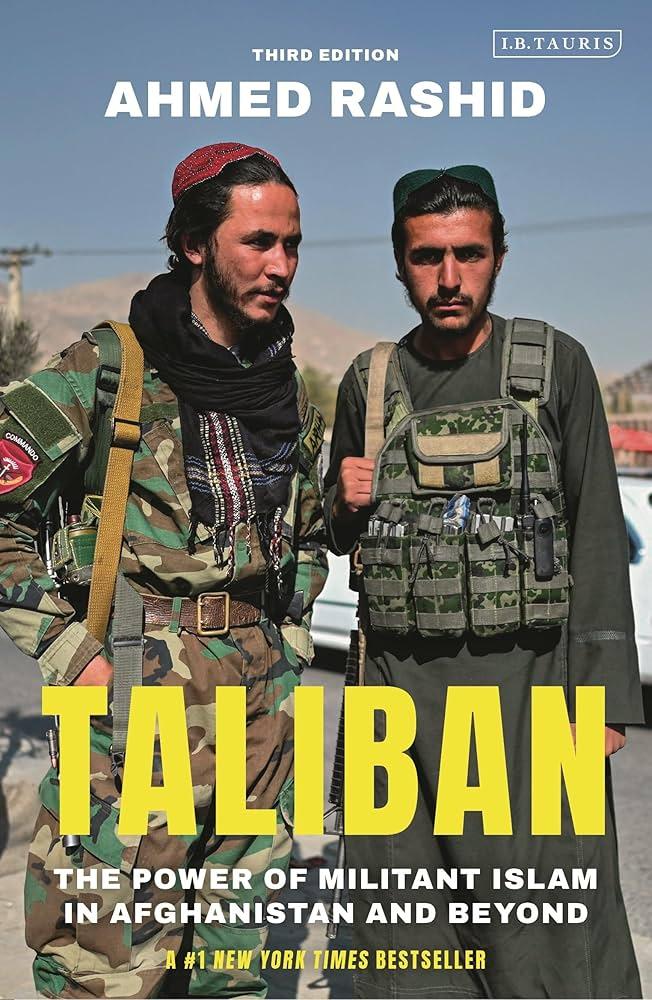In a troubling escalation of repressive measures, the Taliban has reportedly detained dozens of young women in western Kabul, sparking outrage and concern among human rights advocates and the international community. This crackdown, which coincides with a broader campaign against female education and freedom of expression, highlights the ongoing challenges faced by women in Afghanistan under Taliban rule. Eyewitness accounts and reports suggest that the detentions are part of a systematic effort to stifle dissent and enforce strict interpretations of Islamic law, raising alarms about the future of women’s rights in a country already grappling with a humanitarian crisis. As the situation unfolds, the implications for Afghan society and the potential responses from governments and organizations worldwide remain to be seen.
Taliban’s Decision to Detain Young Women Sparks Outrage and International Concerns
The recent detention of dozens of young women in western Kabul has triggered significant outrage and raised alarms internationally regarding the deteriorating state of women’s rights in Afghanistan. Witnesses reported that the Taliban’s actions occurred during a series of raids targeting educational institutions and gatherings, with officials allegedly justifying the crackdowns as measures to maintain public order. As the world watches, criticisms are mounting over the Taliban’s adherence to their promises of increased freedoms for women, further complicating the country’s fragile political landscape.
International responses have been swift and condemnatory, with various human rights organizations issuing statements demanding the immediate release of those detained. Activists are emphasizing the following points:
- Fundamental Rights Violated: The arrests symbolically and practically erase the strides made towards gender equality.
- Global Diplomatic Relations: Many countries are reconsidering their diplomatic ties with the Taliban government in light of these violations.
- Humanitarian Concerns: Increased repression may lead to further socioeconomic destabilization in an already struggling nation.
In response to the growing tensions, a coalition of advocacy groups has called for an urgent special session at the United Nations to address the situation. They request that member states impose rational pressure on the Taliban regime, advocating for the restoration of women’s rights and freedoms as a non-negotiable condition for international engagement. As discussions unfold, the fate of these young women remains precarious in a nation where hope for progress is being systematically extinguished.
Human Rights Violations Intensify in Afghanistan as Authorities Enforce Strict Restrictions
In a troubling escalation of repression, authorities in Kabul have detained dozens of young women, signaling a renewed campaign against personal freedoms and rights in Afghanistan. Reports confirm that the Taliban’s actions primarily target women who are perceived to defy the regime’s stringent dress codes and public conduct regulations. Eyewitnesses describe raids throughout local neighborhoods, as armed forces forcibly entered homes to apprehend women participating in basic social activities. This pattern of imprisonment has raised alarms among human rights organizations, drawing parallels to the oppressive measures previously seen under Taliban rule in the late 1990s.
The detained women are often held without formal charges and face uncertain fates, as legal recourse in Afghanistan remains fragile for those opposing the regime. As the crackdown persists, various groups and international observers have begun to document these human rights violations, calling attention to the broader implications for women’s rights in the country. The current situation has sparked widespread condemnation, leading to protests in provincial capitals and an urgent call for the international community to take action. Key concerns include:
- Suppression of Women’s Rights: Ongoing restrictions limit women’s roles in society.
- Legal Consequences: Detained women often lack proper legal representation.
- International Response: Calls for global intervention to protect human rights.
| Category | Details |
|---|---|
| Number of Detained | Over 50 young women |
| Duration of Crackdown | Ongoing since [insert date] |
| International Reactions | Increased condemnation and calls for action |
Strategies for International Community to Address the Escalating Crisis in Kabul
The international community must adopt a multi-faceted approach to effectively respond to the deteriorating situation in Kabul. First and foremost, it is essential to prioritize diplomatic engagement with Taliban officials, using channels that encourage dialogue about human rights violations and the treatment of women. Additionally, leveraging economic sanctions aimed at specific Taliban leaders can instigate a shift in policy while minimizing harm to the general populace. Enhanced international collaboration to adapt a unified stance, including the involvement of regional powers, is also crucial to exert pressure on the Taliban to uphold basic human rights standards.
Furthermore, the establishment of a humanitarian aid framework is vital to support those affected by these repressive measures. Providing aid that emphasizes gender equality and invests in women’s education can help counteract the Taliban’s restrictive policies. Grassroots organizations on the ground should be supported through funding initiatives, ensuring that aid reaches the right channels. Creating monitoring mechanisms to report human rights abuses in real-time can also galvanize global action and draw public attention to the plight of women in Kabul, empowering international stakeholders to respond promptly and effectively.
The Way Forward
In conclusion, the recent detainment of dozens of young women in western Kabul underscores the escalating repression faced by Afghan women under Taliban rule. As international concerns mount over human rights violations, the implications of these actions extend beyond Afghanistan’s borders, sparking renewed calls for accountability and support for those resisting oppression. The situation remains fluid, and the world watches as the Taliban navigates its governance amid growing dissent. As advocates and organizations mobilize to address these urgent human rights abuses, the voices of Afghan women, both silenced and resilient, must remain at the forefront of this critical conversation.
